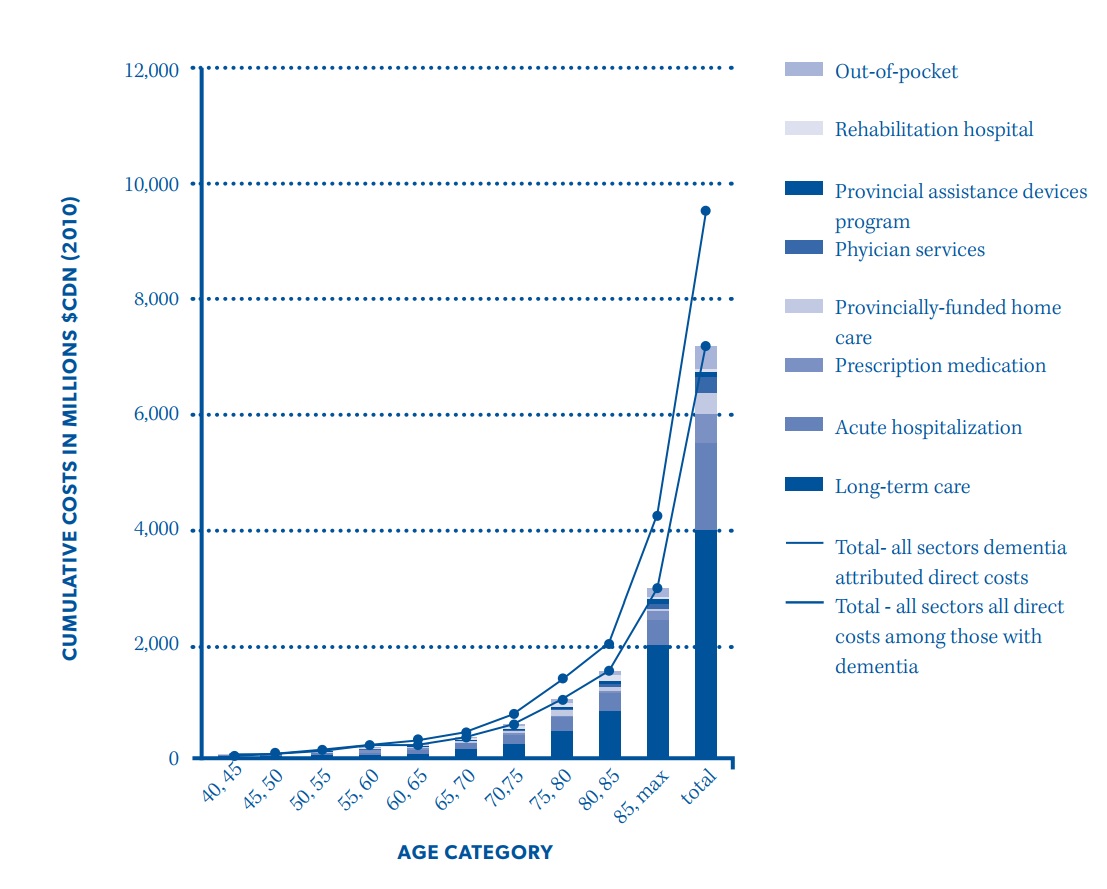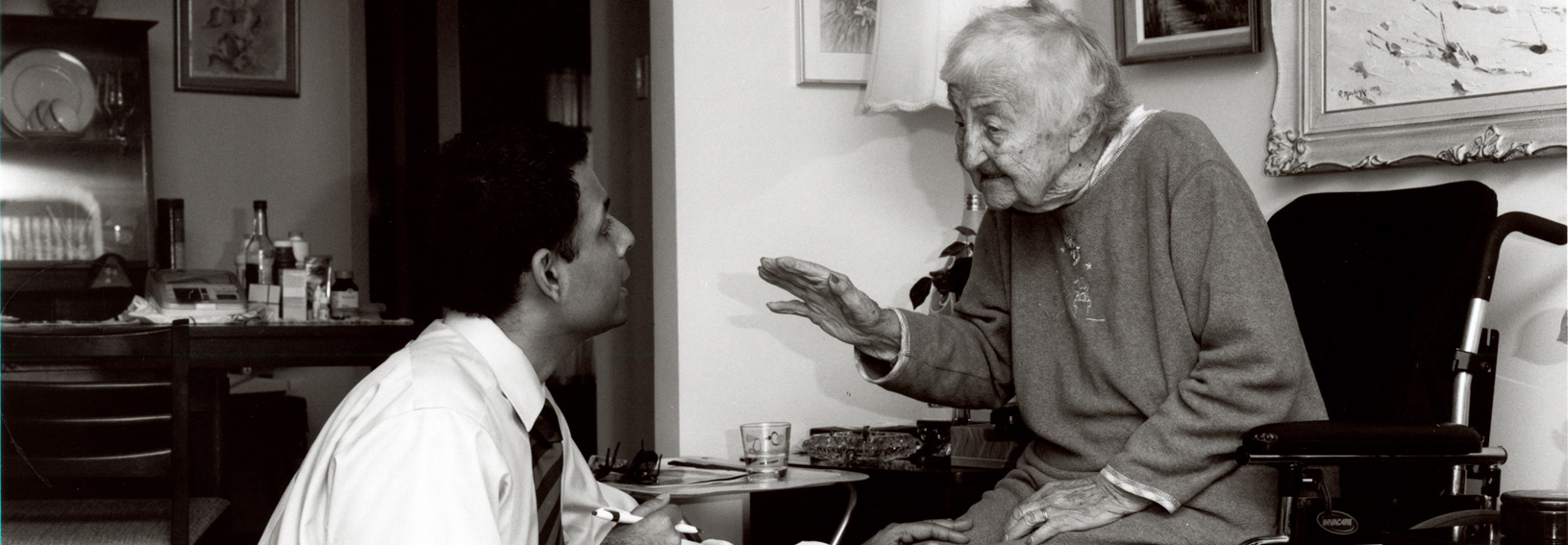For many of us, 2017 was a watershed year. Canada’s 150th year also became its first in our history when the numbers of Canadians over the age of 65 started to outnumber those under the age of 15. This reality has woken many people up to the fact that we need to pay more attention to the needs and challenges of our ageing population. Among the most discussed of these is the need to support older adults with dementia and their families.
As our population ages, the burden of dementia is expected to increase. As the leading cause of dependency and disability worldwide, dementia attracts a lot of attention. In fact, at all of our public and professional education events in 2017, we have featured sessions on novel treatments for dementia, and they have consistently been the most popular sessions among the physicians, therapists, nurses and social workers who attend.
Alzheimer’s disease is the most common type of dementia. The toll that the disease takes on individuals, families and society are well-known. Alzheimer’s disease results in $10.4 billion in annual care-related costs every year. About 564,000 Canadians have dementia today, and the disease affects 1.1 million Canadians. In 15 years, 937,000 Canadians will be living with Alzheimer’s or another form of dementia.
The burden of Alzheimer’s for many Canadians and their families has got many policy makers and advocacy organizations talking about the need for a dementia strategy. In fact, in June of last year, Canada became the 30th country to adopt such a strategy to address the impact, scale and cost of dementia.
However, less well-known than the burden is that Canada has seen a rapid decline in dementia incidence in the last few decades. It’s true that the total number of people with dementia is increasing worldwide, which is mostly because of increases in dementia diagnoses in China and Japan. On the other hand, Canada and other countries have seen the incidence of dementia decline an average of 20% each decade since 1977, according to the Framingham Heart Study. For those who do experience dementia, they receive their diagnosis later in life than they did 40 years ago.

Source: Alzheimer Society of Canada, Prevalence and Monetary Costs of Dementia in Canada (2016)
The reason for this is possibly one of the most impressive public health successes of the last 100 years. In large part, this is due to an improvement in everyone’s general health in the second half of the 20th century. By and large, most of us are living with improved cardiovascular health and with reduced risk factors for developing heart complications, with the exception that obesity and diabetes remain widespread amongst our populations.
In addition to improved general health and the spread of an overall healthy lifestyle, the fact that more people have become higher educated has contributed a lot to the decline of dementia in the last few decades. In fact, in the Framingham study, a decline in dementia only occurred in those with a high school diploma.
So, here’s the bad news.
Despite the decline in dementia incidence in the last four decades, there has been no significant decline in the incidence of Alzheimer’s disease. There still remains no silver bullet to cure or even prevent Alzheimer’s disease.
While there is no cure for Alzheimer’s disease, as we learn more about it, we also learn strategies that may be effective at preventing or delaying it. For example, we know that dementia develops long before symptoms occur, which means we need to take a lifelong approach to prevention. Fortunately, reducing risk factors like weight, smoking, blood pressure and cholesterol can contribute to better overall health as well. We address most of these factors and offer an overall approach to healthy ageing in our health education resource Living Longer, Living Well.
Managing these risk factors may help us to continue the decline of dementia incidence, but our diets can also play a role. There has been much discussion and study of the role of the Mediterranean diet, which emphasizes fish, nuts, non-starchy vegetables and oils, in the prevention of cognitive decline and dementia. In fact, the diet is believed to contribute to better cognitive performance and may be a factor in warding off dementia. If more of us adhere to this diet, it could help to reduce the incidence of dementia and Alzheimer’s disease even further. While some people suggest that we fill our bodies with supplements to ward of dementia – the evidence still points to really focusing on a well-balanced diet, something I recently discussed with colleagues on the Agenda with Steve Paikin.
Alzheimer’s disease and dementia remain significant challenges for older adults, their families, caregivers and care providers. However, we shouldn’t lose sight of the progress we’ve made in delaying and preventing the disease over the last half century. Eventually we will figure out how to better treat and prevent dementias as well, but in the meantime, let’s take optimism from the fact that older adults today remain healthier and more independent than their counterparts were just a few decades ago allowing more of us to enjoy living longer and living well.
Date modified: 2018-01-16

